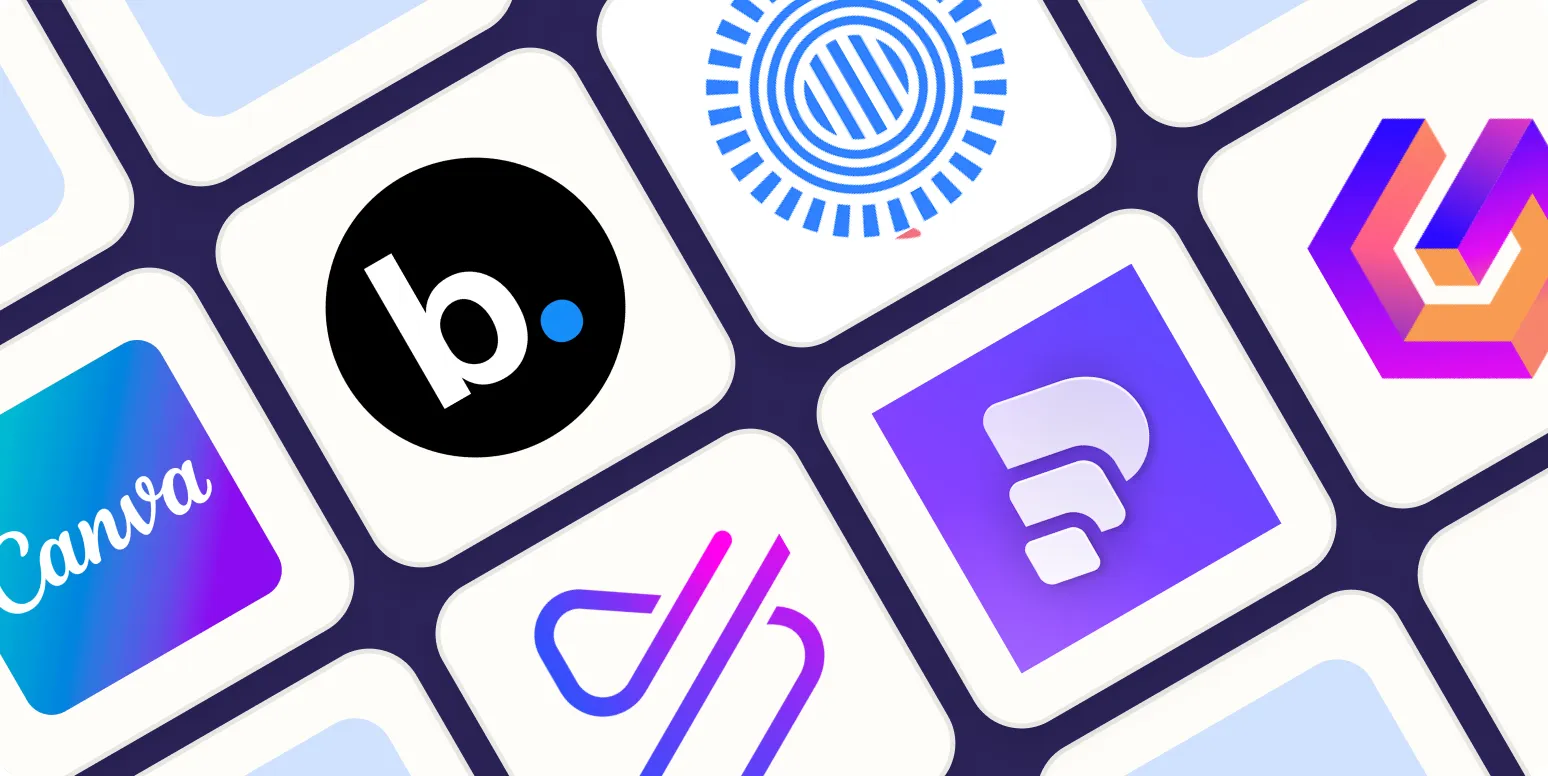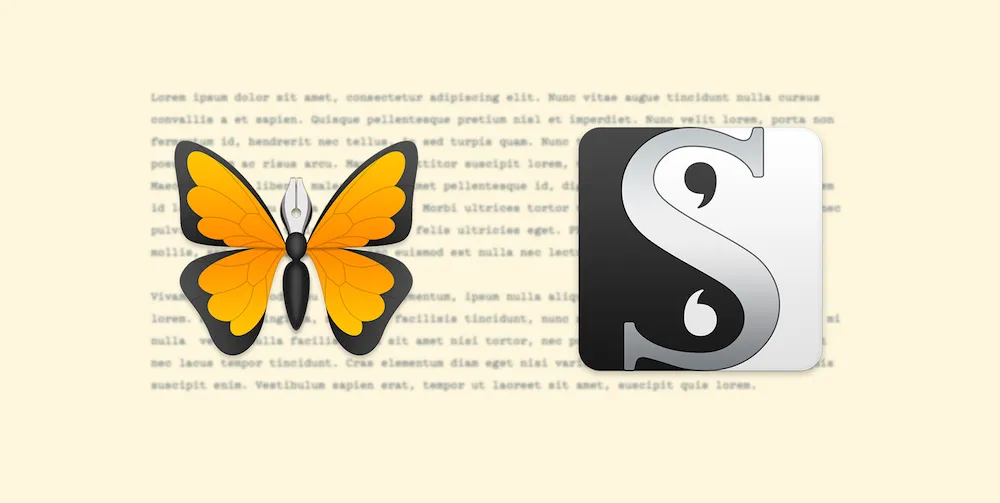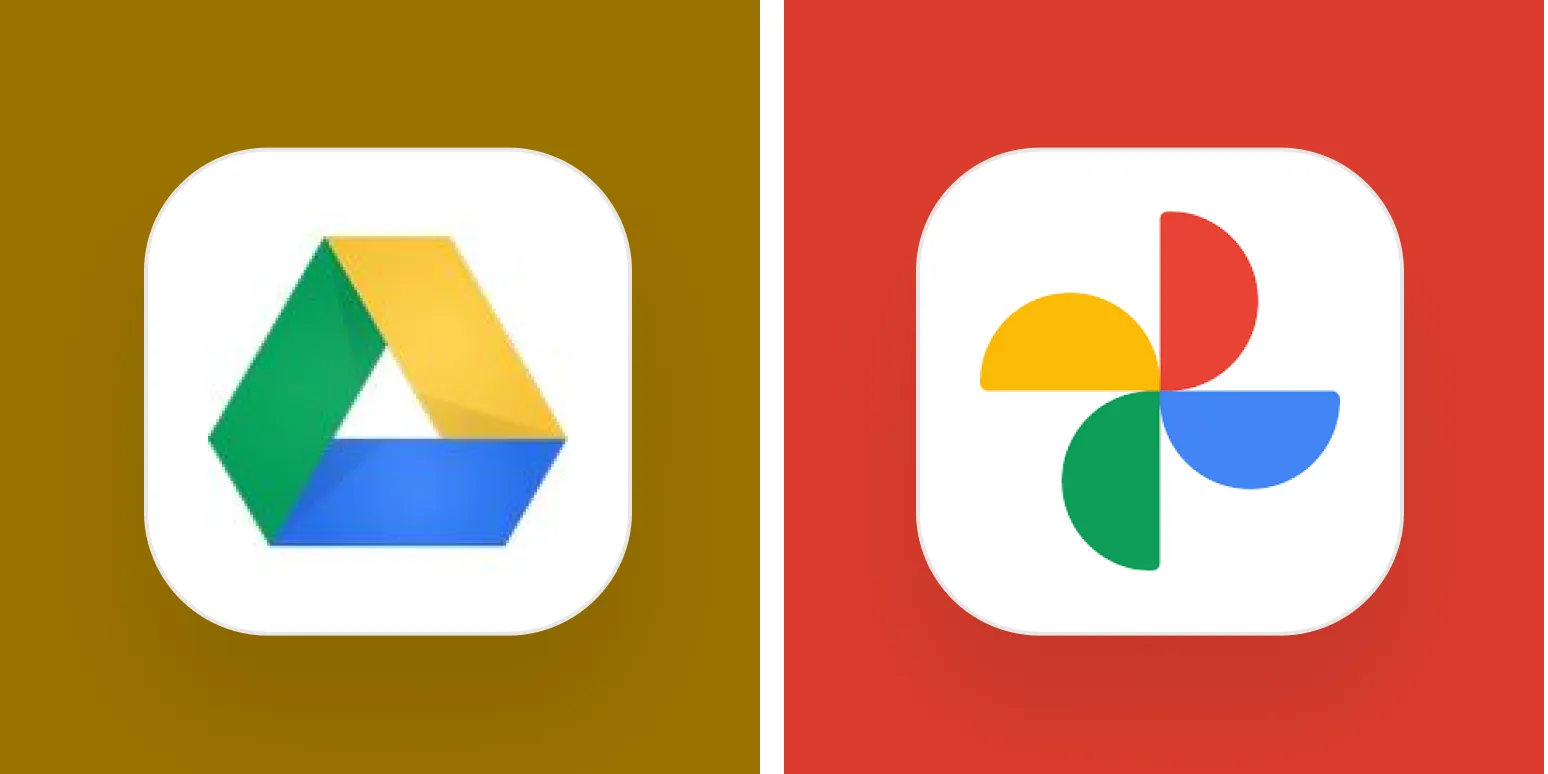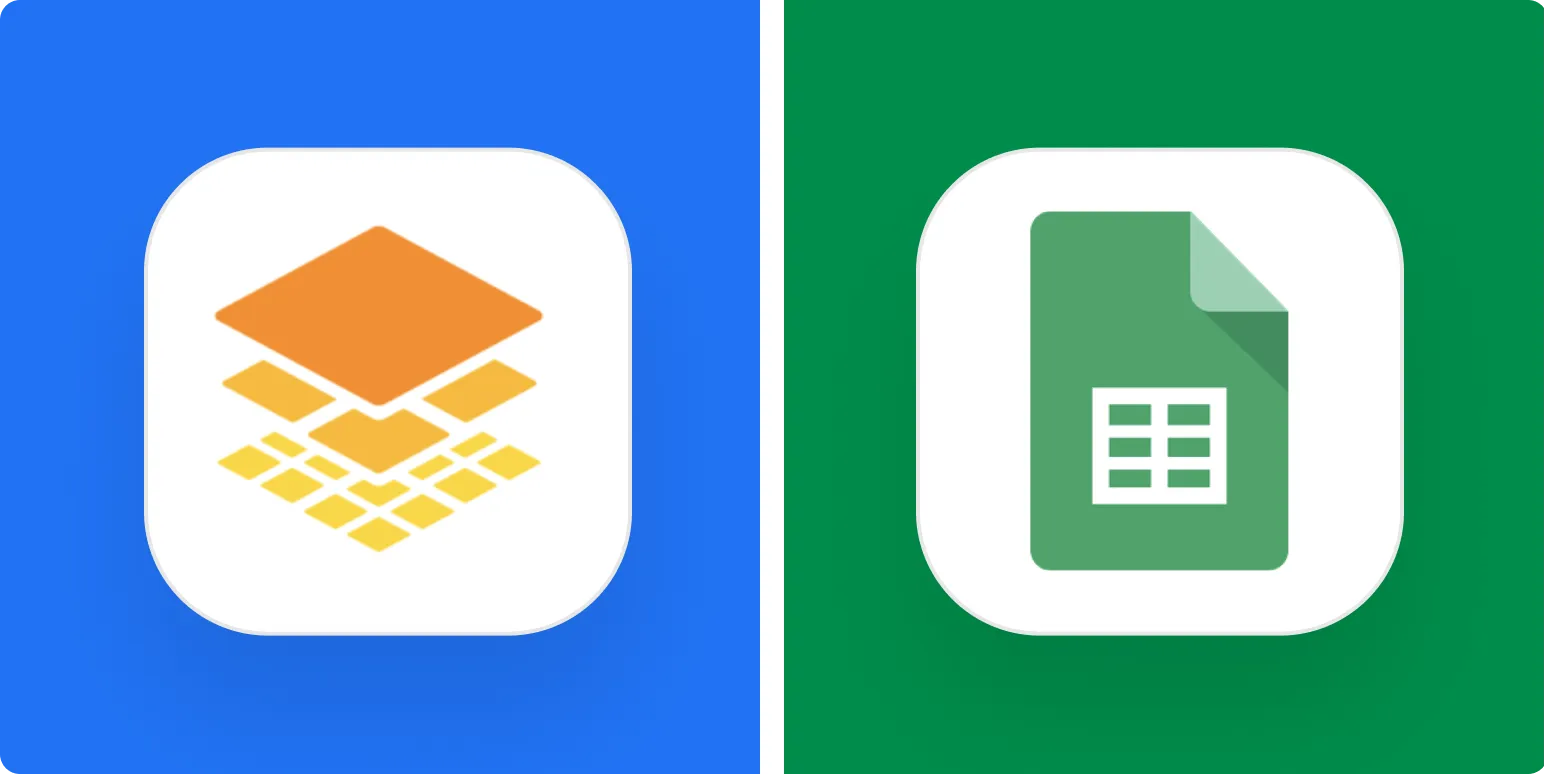Understanding Presentation Software
In today’s digital age, effective communication is crucial for success in any field, and presentation software plays a vital role in conveying ideas clearly and creatively. Whether you are a student, educator, or corporate professional, having the right tools can make a significant difference in how your message is received. Below, we explore some of the best presentation software options available, along with their standout features.
Comparison Chart of the Best Presentation Software
To help you choose the right presentation software for your needs, here’s a comparison chart of some of the leading options:
| Software | Key Features | Pricing | Best For |
|---|---|---|---|
| Microsoft PowerPoint | Extensive templates, animations, collaboration tools | Subscription-based (Office 365) | Corporate presentations, educational purposes |
| Google Slides | Real-time collaboration, cloud-based, free templates | Free with Google account | Team projects, quick edits |
| Prezi | Dynamic, non-linear presentations, zooming interface | Subscription-based | Creative presentations, storytelling |
| Canva | User-friendly, drag-and-drop interface, extensive graphics | Free and Pro versions | Visual presentations, marketing |
| Keynote | Sleek designs, integration with Apple products | Free for Apple users | Mac users, design-focused presentations |
Key Features of Top Presentation Software
When evaluating presentation software, consider these key features that can enhance your presentation experience:
1. User Interface
A clean and intuitive user interface enables users to navigate easily and create presentations without a steep learning curve. Software like Canva and Google Slides offer user-friendly designs that are ideal for beginners.
2. Collaboration Tools
In a world where teamwork is essential, having robust collaboration features is a must. Google Slides shines in this regard, allowing multiple users to edit and comment in real-time. This is particularly beneficial for teams working remotely.
3. Design Templates
Pre-designed templates save time and inspire creativity. Programs like Microsoft PowerPoint and Canva provide a variety of templates suitable for different purposes, making it easy to create visually appealing presentations.
4. Animation and Transition Effects
Engaging animations and transitions can help retain audience attention. Prezi is known for its unique zooming feature, which allows presenters to navigate through their content dynamically, making presentations more interactive.
5. Export and Sharing Options
The ability to export presentations in various formats (PDF, PPT, etc.) and share them easily is essential. Most software, including Keynote and Google Slides, offer multiple sharing options to cater to different needs.
Why Presentation Software Matters
In a competitive environment, the way you present your ideas can be just as important as the ideas themselves. High-quality presentation software can enhance your delivery and ensure that your audience is engaged. Here are some reasons why investing in the right presentation software is crucial:
1. Enhanced Communication
Clear visuals and structured content allow for better understanding. Effective use of presentation software ensures that your audience grasps the key points quickly and clearly.
2. Increased Engagement
Interactive presentations keep the audience involved. Tools like Prezi and Canva allow for creative storytelling methods that captivate viewers and make your message memorable.
3. Professional Appearance
A polished presentation reflects professionalism. Utilizing high-quality templates and designs helps establish credibility and authority in your field.
Choosing the Right Software for Your Needs
When selecting presentation software, it’s important to consider your specific needs and preferences. Here are a few tips to help you make the right choice:
1. Assess Your Audience
Think about who will be viewing your presentation and what format would resonate best with them. A corporate audience may prefer the traditional layout of Microsoft PowerPoint, while a creative group might appreciate the dynamic features of Prezi.
2. Consider Your Skill Level
If you’re new to presentation software, choose options with a gentle learning curve, like Canva or Google Slides. More experienced users might want to explore advanced features in PowerPoint or Prezi.
3. Budget Constraints
Some software options are free, while others require a subscription. Determine your budget and explore which features you can afford that best align with your presentation goals.
Conclusion
In conclusion, selecting the best presentation software is essential for delivering impactful presentations. Whether you opt for the classic appeal of Microsoft PowerPoint, the collaborative features of Google Slides, or the innovative design of Prezi, the right tool can elevate your communication skills and help you connect with your audience effectively. With the insights provided in this article, you are now equipped to make an informed decision and create presentations that leave a lasting impression.





